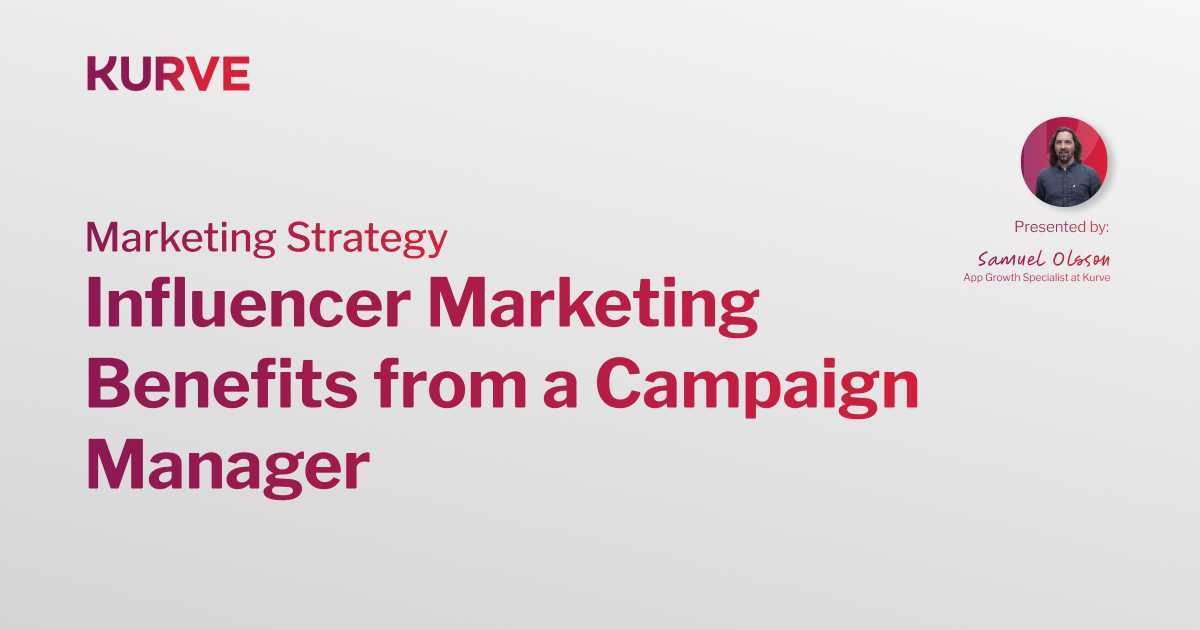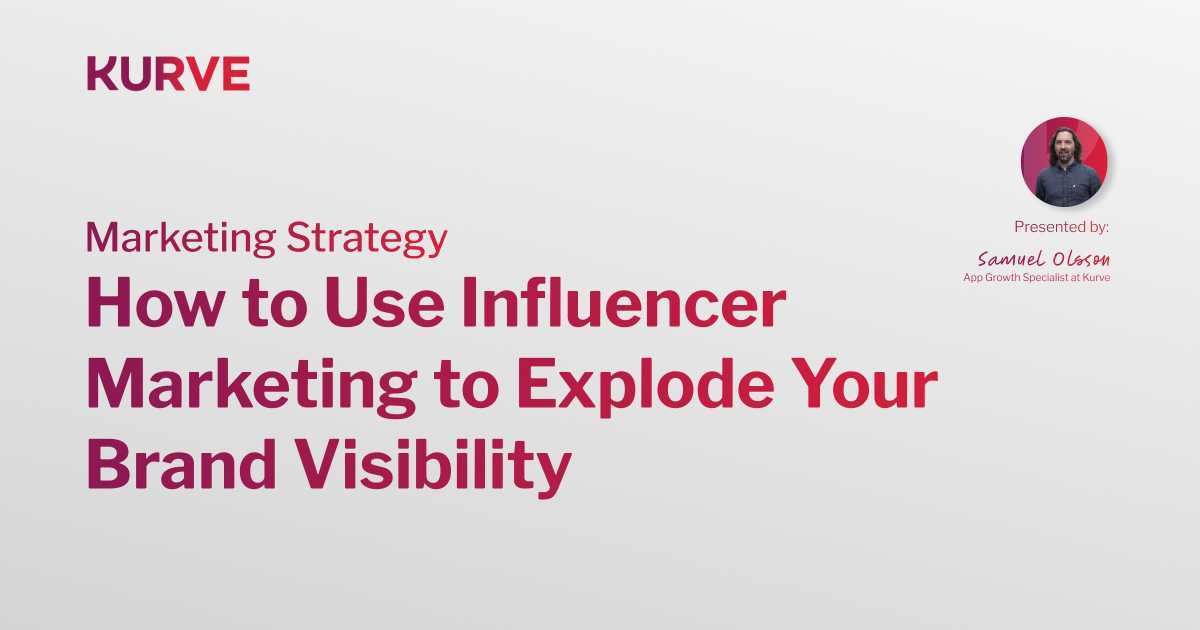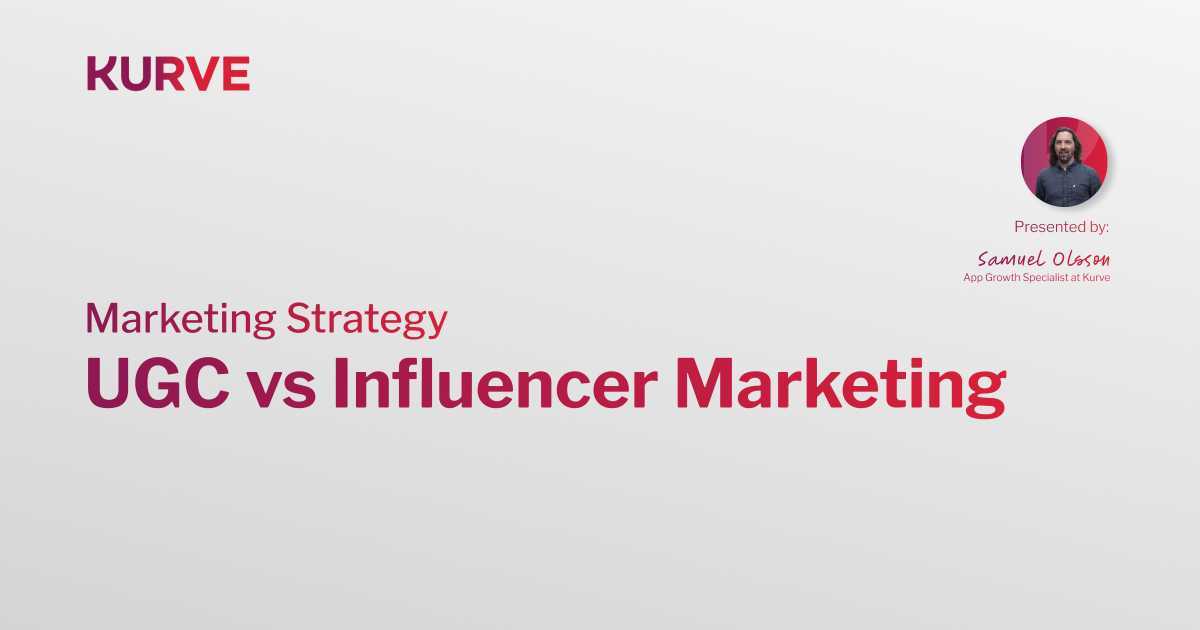10 Steps to Develop a Winning Brand Strategy for Your Mobile App
There are more than 4.8 million apps available across the Apple App Store and Google Play.
If you thought having a unique feature would help you gain market share, unfortunately, that's no longer enough. In today's crowded market, a great feature set is merely the entry ticket. The real advantage comes from how you present your app and connect with users. That's why you need to craft a powerful branding strategy for your mobile app.
In this blog, we will discuss what makes a mobile app brand strategy, why you should build one, and its key elements. We have also listed ten steps that you can follow to develop your own winning app brand strategy.
How is Brand Strategy Different for Mobile Apps?
Before crafting a winning brand strategy for your app, you need to understand how it differs from traditional product branding. While both aim to attract and retain customers, the approach and focus are fundamentally different.
- Traditional product branding often focuses on a one-time purchase, shelf presence, and broadcast advertising to create an emotional connection.
- Mobile app branding is about creating an ongoing, interactive relationship. The brand lives on the user's most personal device, their phone. It encompasses the entire user journey: the app icon, the store listing, the onboarding flow, push notifications, social media engagement, and the in-app experience itself. It’s about building habits and becoming an integral part of a user's daily life.
Reasons to Build a Strong Brand Strategy for Your App
Differentiation is key in a world where users are bombarded with notifications and ads daily. A strong brand strategy in the mobile app sector offers a market advantage, improves the user experience, and builds the trust needed to succeed.
Here are some reasons why investing in your app's brand strategy is crucial for success.
Want to see a successful app branding strategy in action? Check out this case study on our work with Sweatcoin.

Differentiate Your Brand from Competitors
A successful app branding strategy enhances your app's identity. In a crowded app store, your brand is what makes you memorable. Establishing a unique voice and visual identity across your store listing, website, social media, and in-app experience heightens brand recognition and trust.
Enhanced Customer Trust
A successful app branding strategy is about more than acquiring downloads; it's about building a reliable and trustworthy brand. This means being transparent about data usage, delivering a stable, bug-free user experience, and providing responsive customer support. Positive app store ratings and reviews are the ultimate social proof and a direct result of a trustworthy brand.
Competitive Advantage
A robust brand strategy gives your app a significant competitive advantage. It ensures your unique value is recognized by your target users and protects your app from being seen as just another commodity. When users have an emotional connection to your brand, they are more likely to choose you over a competitor, even if the features are similar.
Better Customer Retention
High churn rates can kill an app. A strong brand strategy is one of your best defenses. By building a community and nurturing a long-term relationship with users, you give them a reason to stay engaged and keep your app on their home screen. A consistent brand experience builds trust and loyalty, which directly translates to higher retention and lifetime value (LTV).
10 Steps to Develop a Mobile App Brand Strategy
Given our expertise at Kurve, we know the challenges of defining a branding strategy in a competitive market.
So, whether you're launching a new app or revamping your existing brand, let's look at the ten steps we follow while working with our clients.

1. Define the Unique Selling Proposition (USP)
Describe what makes your app fundamentally better or different. Is it a groundbreaking feature, exceptional ease of use, or a unique community? Your value proposition must clearly communicate this benefit and align with your target users' needs and motivations. Don't just offer a solution, offer the best, most engaging solution for them.
2. Research The Target Market
To craft a successful app branding strategy, you must gain a deep understanding of your target users. It's vital to identify your ideal user profiles, considering their challenges, goals, and decision-making processes when choosing an app. What motivates them to download and, more importantly, to keep using an app in your category?
3. Create Detailed User Personas
Building an app brand strategy hinges on a precise understanding of your potential users. A user persona is a data-driven profile of an ideal user. These personas provide profound insight into your existing and prospective users, enabling you to tailor your app's features, messaging, and content to address their unique needs and motivations. This includes their demographics, lifestyle, behaviors, and the digital platforms they use most often.
4. Develop a Content Strategy
A well-planned content strategy is essential for a successful app brand. This extends far beyond a blog. Your content includes your App Store and Google Play descriptions, your screenshots and preview videos, your social media presence (especially on platforms like TikTok and Instagram), and your in-app messaging. Your content should tell a compelling story about your app and engage users at every touchpoint.
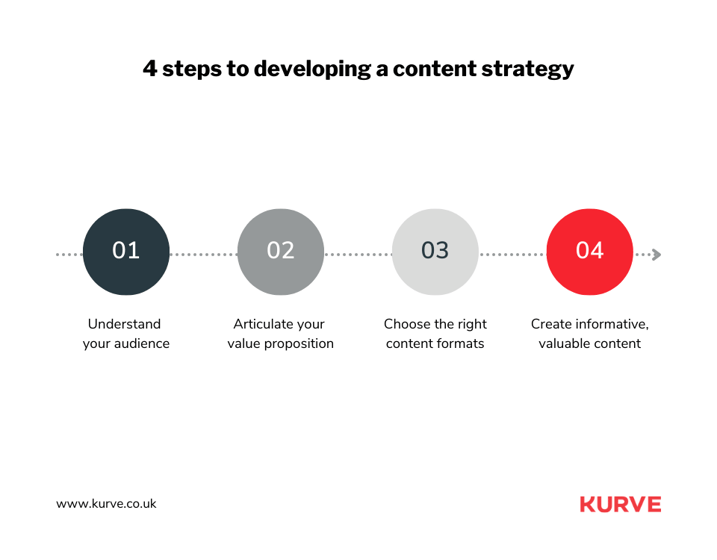
5. Implement Data-Driven Decision Making
A successful app branding strategy relies on data. Use app analytics platforms like Mixpanel, Amplitude, or Firebase to get an accurate measure of user behavior. This data highlights which features are most engaging and where users drop off. Monitoring KPIs like daily active users (DAU), retention rates, and session length allows you to make informed decisions that improve the user experience and strengthen your brand.
6. Build Trust Through Community & Expertise
For consumer apps, trust and authority are built through community and expertise, not corporate thought leadership. Position your brand as a helpful, authentic voice in your niche. If you run a fitness app, share valuable workout tips on social media. If you have a language-learning app, create fun, educational content about culture. Engage with your users, answer their questions, and build a community where they feel supported and understood.
7. Ensure Brand Consistency
Every effective branding strategy revolves around consistency. This is critical for mobile apps to establish a strong, recognizable presence. Your brand's voice, tone, colors, and design must be coherent across every touchpoint: your app icon, store listing, website, social media channels, advertisements, and the app's user interface. This consistency builds familiarity and trust with your users.
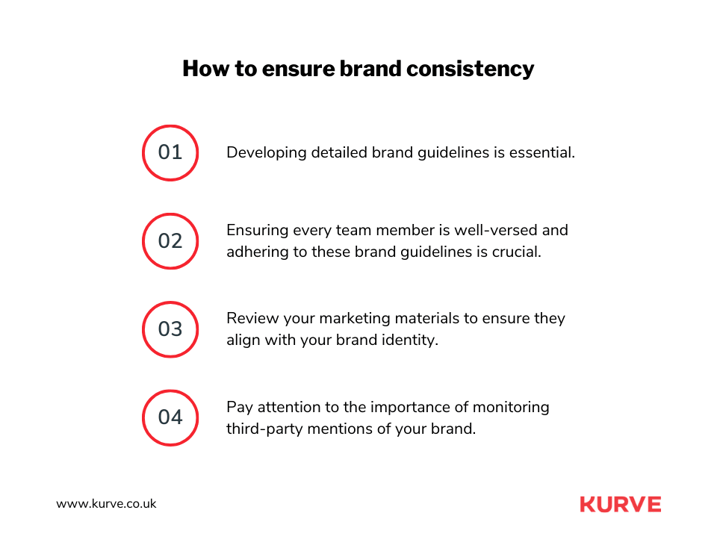
8. Analyze the Competitors
The eighth step is studying your competition. Analyze the top-charting apps in your category. What does their branding look like? What is their tone of voice? What do their app store reviews say, what do users love and hate? Understanding their strengths and weaknesses will reveal gaps in the market and inspire fresh ideas for setting your brand apart.
9. Automate Your Marketing Processes
Marketing automation can be a game-changer for building your app brand at scale. Use automation tools to design personalized user journeys. This can include automated email onboarding sequences for new users, personalized push notifications to encourage engagement, and targeted campaigns to win back users who have become inactive.
10. Measure and Adjust
Setting clear Key Performance Indicators (KPIs) is the final step. For an app, these are crucial for measuring the effectiveness of your branding efforts. Track metrics like organic installs, user retention and churn rates, app store ratings, conversion rates, and brand mentions on social media. This data is your compass, providing accurate indicators of your strategy's effectiveness and showing where to adjust and optimize for growth.
Key Elements of a Strong App Brand Strategy
A strong app brand strategy is built on a few essential elements. These parts make your brand stand out and connect with your users on a deeper level.
Understanding Your Audience
Knowing your users is the first step. It's about seeing them beyond download numbers. What are their goals and motivations? What challenges do they face that your app can solve? This insight lets you tailor your messaging and features to meet their specific needs, creating a product that feels like it was made just for them.
Consistent Branding
Your brand should be instantly recognizable wherever it appears. Consistency across your app icon, store page, social media, and in-app design is key. This builds trust and familiarity. Your users should get the same positive feeling each time they interact with your brand, creating a reliable and welcoming experience.
Data-Driven Decisions
In the world of apps, data is your best friend. It tells you what's working and what's not. Watch how users interact with your app. Which features do they love? Where do they get stuck? This information is gold. It helps you fine-tune your strategy, keeping you relevant in a market that never stands still.
Expertise and Community
You want to be more than just a utility; you want to be a trusted resource. Share your knowledge. Talk about trends in your niche. Offer solutions and support. It's about showing your expertise and building a community around your app. When you share valuable insights, you offer a partnership that goes beyond the transaction.
Building Trust and Credibility
Trust is everything in the app world. Show your users that you're a credible choice. Be transparent about your data policies. Encourage satisfied users to leave ratings and reviews. Share positive press and user testimonials. This transparency goes a long way in building lasting relationships and encouraging new downloads.
Create a Strong Brand Strategy for Your App
Developing a robust brand strategy is essential for any mobile app in today's market. It sets your brand apart, builds lasting relationships with your users, and creates a foundation for sustainable growth.
From understanding your audience's needs to ensuring your brand is consistent across all platforms, every step is vital. Building trust and credibility through a great product and community engagement plays a key role in the success of your strategy.
Ready to take your app's brand to the next level? Explore more insights on our blog and contact us through our contact page for tailored strategies that drive success.
